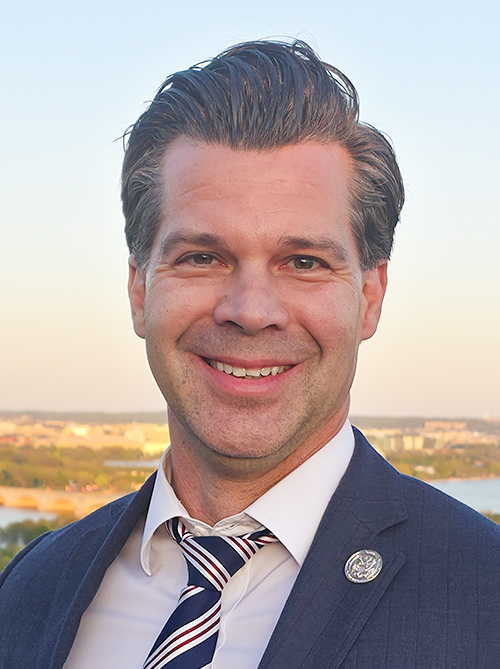
The final week leading up to an Ironman or an adventure race is the worst. The peak weeks of training are physically demanding, but the resulting void from halting the training routine and the newly available time as the training tapers off is something I find surprisingly difficult to manage.
Despite months of preparation, I often find myself experiencing a mix of excitement and fear: Did I train enough? What is the weather going to do? Do I really want to do this? This mental whirlwind can be more challenging than the race itself – and it can determine whether I’m mentally ready to start strong or spiral before the gun even fires. I’ve experienced everything from exhilarating confidence at the start line, resulting in leading races in the swim portion, to being in tears from paralyzing fear at the start line. These moments have taught me that success isn’t solely determined by physical readiness but by the mindset we bring into the arena.
Carol Dweck’s book, Mindset: The New Psychology of Success, explores the impact of our beliefs. She distinguishes between a fixed mindset – believing our abilities are static – and a growth mindset – the belief that we can develop our abilities through effort and perseverance. Embracing a growth mindset means viewing challenges as opportunities to learn rather than insurmountable obstacles.
This mental approach isn’t just for endurance athletes – it’s for anyone pursuing better health, strength, or confidence. Whether you’re lacing up your sneakers for the first time or returning after a hiatus, setbacks are inevitable. The key is to see them not as failures but as feedback. Missed a workout? Reflect on what got in the way and adjust. Struggling with a new routine? Remember, mastery comes with time and practice.
Complementing this is the philosophy of Kaizen, which emphasizes continuous, incremental improvement. Instead of overhauling your lifestyle overnight, focus on making small, manageable changes. Add an extra serving of vegetables to your meals, take a short walk during your lunch break, or commit to a consistent bedtime routine. These modest adjustments, compounded over time, lead to significant transformations.
To integrate these concepts:
- Reframe Challenges: Instead of saying, “I can’t run a mile,” add “yet.” This simple word shifts your perspective from limitation to potential.
- Track and Reflect Regularly: Keep a journal or use an App like Strava to track your progress, note obstacles, and celebrate small victories. Reflection fosters self-awareness and growth.
- Seek Feedback: Engage with a coach, join a fitness group, or find a workout or accountability buddy. External input and positive reinforcement can provide new insights and motivation.
- Set Realistic, Achievable Goals: Break down larger objectives into smaller, achievable steps. This approach reduces overwhelm and builds confidence.
- Build on Your Achievements: One mile easily becomes two miles. Two thousand steps a day becomes five thousand. Three servings of vegetables become four. Eight hours of sleep per night becomes fifty-six in a week through consistency.
The journey to health and fitness isn’t a sprint; it’s a marathon filled with learning curves, setbacks, and opportunities for growth. By cultivating a growth mindset and embracing the Kaizen approach, you equip yourself with the tools to navigate this journey with resilience and optimism, all while setting yourself up to achieve your personal goals and define your own success.
Challenge for the Month:
Pick one part of your fitness routine that intimidates you – running, strength training, mobility, nutrition, sleep – and reframe it with a growth mindset.
- Step 1: Replace “I can’t” with “I haven’t… yet.”
- Step 2: Choose one small step – like attending a beginner’s class or asking someone knowledgeable for help.
- Step 3: Track your progress. Celebrate each win. Progress is progress.








